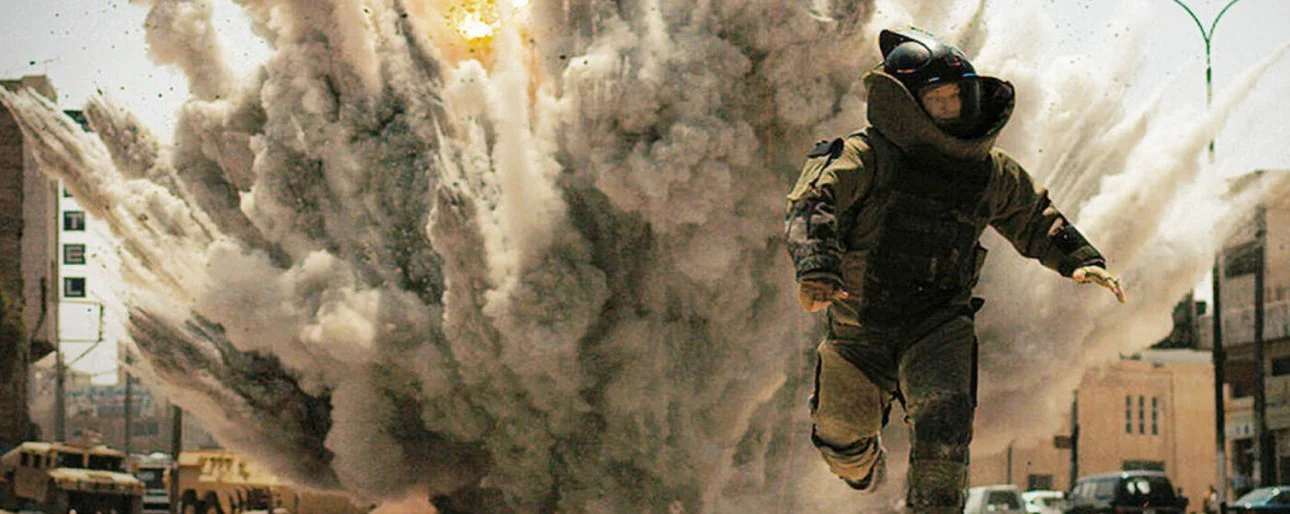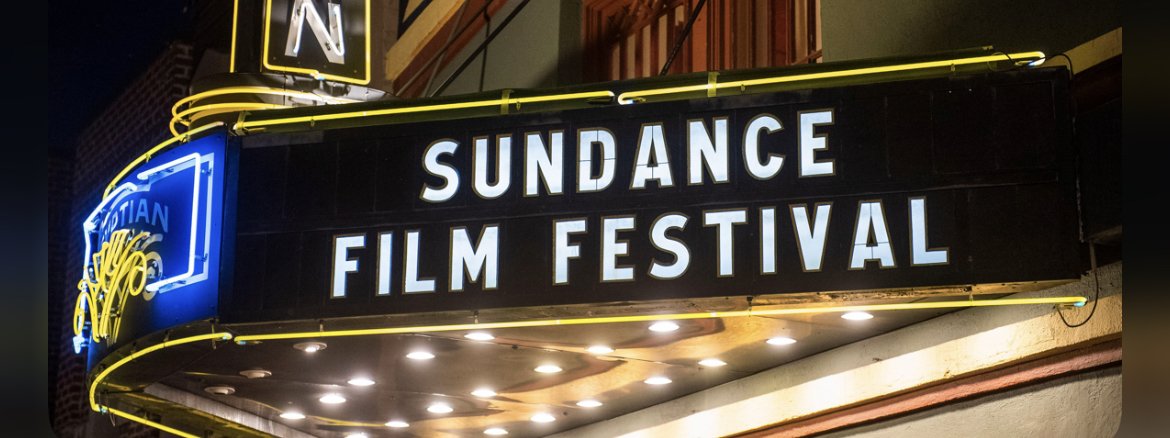The Sundance Film Festival had its final screenings last night. After the last two editions went virtual, it was a somewhat successful return to in-person for the Utah-based fest. Close to 101 films were screened over 10 days.
I watched almost half the lineup, 49 movies to be precise. The clear highlights for me were these five boldly fearless statements that refused to coddle the viewer: Danny and Michael Philippou’s “Talk to Me,” Sebastien Silva’s “Rotting in the Sun,” Chloe Domont’s “Fair Play,” Susanna Fogel’s “Cat Person,” and Ira Sachs’ “Passages.”
Not too far behind in quality were William Oldroyd’s “Eileen,” Laurel Parmet’s “The Starling Girl,” Elijah Bynum’s “Magazine Dreams,” Laura Moss’ “Birth/Rebirth,” and Nicole Holofcener’s “You Hurt My Feelings.”
What this year’s lineup of films lacked was bite. Where were the fearless and incendiary statements that used to be hallmarks of independent filmmaking? They are gone, replaced by movies with forced-upon political agendas and an ideology that can only be described as “woke” (and I do hate using that word, but in this instance it’s necessary).
Slamdance, a side Festival that has been a Sundance rival for decades, just finished as well. A peculiar message appeared before every film, essentially saying that some of the film's being screened may be challenging to the viewer, but that they don't apologize for any of them and expect you to do your research before viewing them.
An Eric Kohn op-ed tosses such unexpected truths at us that I had to refresh my page to make sure this was actually from IndieWire. The gist of Kohn’s reasoning for this year’s lacklustre Sundance edition resides in … filmmakers’ fear of cancel culture?
The challenge in making ambitious movies goes beyond budgetary restrictions. It also involves the changing threshold for tolerating discomfort and the encroaching sense that any radical statement could backfire. The presumption of cancel culture may be reductive, but it certainly scares filmmakers from taking real chances.
Saying the quiet part out loud there, Eric. There’s so much truth serum in that one paragraph. He’s right. Today, Sundance and the American cultural climate are allergic to cinematic gambles. Movies now try to “coddle” audiences, rather than provoking them with something vitally original. Today’s independent filmmakers are also absolutely terrified by our current cultural climate.
Coincidentally, Variety had a story, right before Sundance began, about how these last few years film fests have tended to avoid “problematic” films. I remember a time when Sundance was about free speech and rattling the status quo. Not anymore.
Now, everything is being placed under a “microscope of scrutiny.” Festivals — once the utopia of provocative, button-pushing films — are desperate to avoid controversy.
This idea that “we can't upset anybody” is leading to some very strange shifts in artistic expression. Self censorship is a thing. Fear of backlash leads to this outcome. Remember, the infamous Hays Code was not a government creation either, it was internal industry self-censorship that the major film companies worked out by themselves, yet it still got enforced pretty much like a law for over 30 years.
Kohn goes on to add …
For movies to retain their power as an art form, they have to take bold, adventurous swings, be willing to make their viewers squirm, and leave them grappling with the reasons why.
Much like Kohn, I do worry about the future of quality American moviemaking. What has occured these last five plus years is damn-near frightening for the art form. Instead of fearless filmmaking, we’re getting a culture of fear. Instead of directors willing to make wild artistic leaps forward, they cower and adhere to whatever hip narrative is trending.
It used to be a badge of honor for a director to have their film embroiled in controversy, sparking lively debate about the work and promoting artistic free speech in the process. Today, nobody wants to even come near that territory. They fear, rather than try to be feared. That’s where we’re at.
Sundance is, or at least used to be, about promoting the advancement of American independent cinema. This was a place where bold new ways of cinematic thinking were being celebrated, and the mainstream hive wasn’t welcome to interfere. Now, it’s become the opposite.






